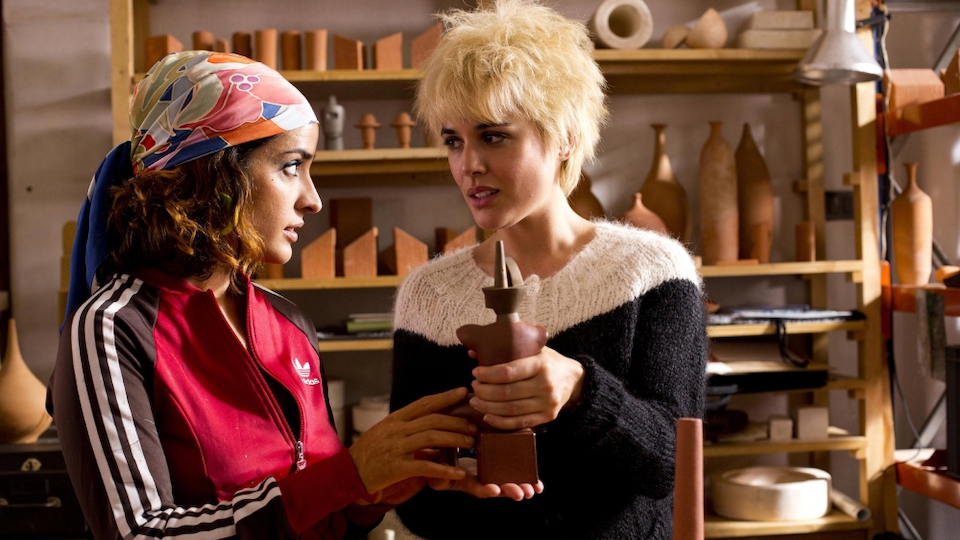Film Review: Julieta
Spanish Provocateur Returns With A Surprisingly Low-Key Melodrama About Familial Guilt


Latest Article|September 3, 2020|Free
::Making Grown Men Cry Since 1992

